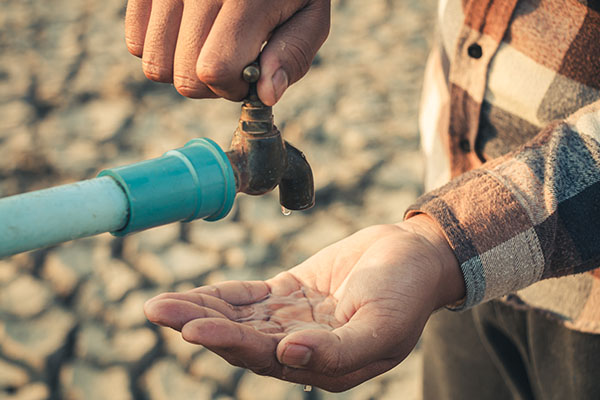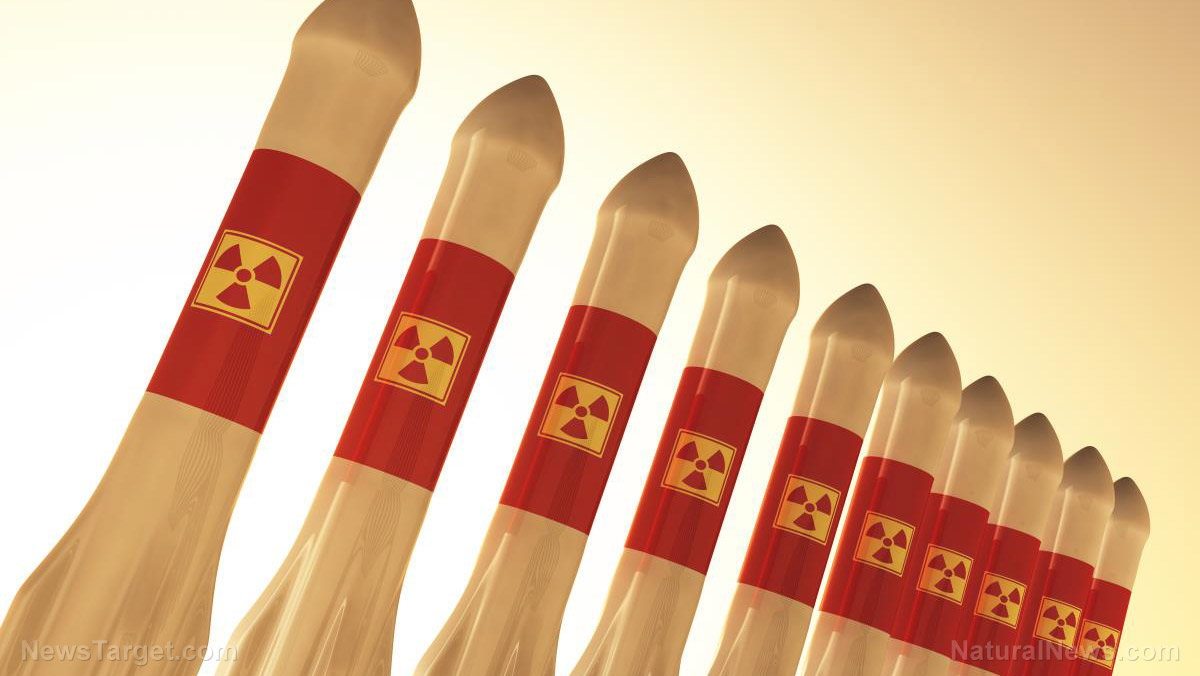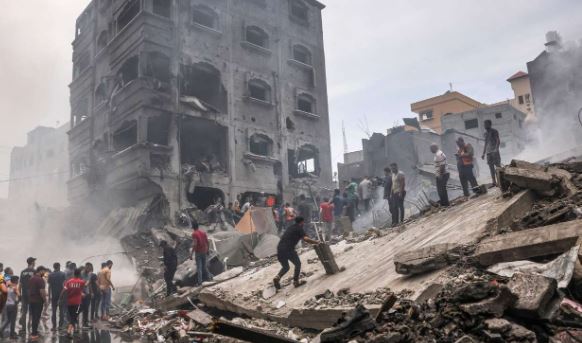 Parler
Parler Gab
Gab
Mexico City's aquifer nearly drained
Around 60 percent of Mexico City’s water comes from its underground aquifer, but this has been so over-extracted that the city is sinking at a frightening rate – around 20 inches a year, according to recent research. And the aquifer is not being replenished anywhere near fast enough. The rainwater rolls off the city's hard, impermeable surfaces, rather than sinking into the ground. The Cutzamala System is currently at around 39 percent of its capacity, languishing at a historic low. "It's almost half of the amount of water that we should have," said Fabiola Sosa-Rodríguez, head of economic growth and environment at the Metropolitan Autonomous University in Mexico City. In October, Conagua, the country's national water commission, announced it would restrict water from Cutzamala by eight percent "to ensure the supply of drinking water to the population given the severe drought." Just a few weeks later, officials significantly tightened restrictions, reducing the water supplied by the system by nearly 25 percent due to extreme weather conditions. "Measures will have to be taken to be able to distribute the water that Cutzamala has over time, to ensure that it does not run out," Germán Arturo Martínez Santoyo, the director general of Conagua, said in a statement at the time. As water has become scarcer, other areas of the city are facing increased rationing as they only get water during certain times of the day or on certain days of the week. Water has been rationed to 284 neighborhoods so far this year, even to more affluent ones. What is left unsaid is that rationing only goes so far. At some point, it becomes insufficient if the drought continues. Visit WaterWars.news for more stories about water supplies around the world. Watch this video from John Williams discussing how the water supply in the United States is also at risk. This video is from the ThisIsJohnWilliams channel on Brighteon.com.More related stories:
At least a dozen water suppliers in Iowa are still providing residents with drinking water contaminated with "forever chemicals." Damage at Glen Canyon Dam could jeopardize water supplies in Western U.S. WATER WARS: Water is emerging as a focal point of conflicts from Ukraine to the Middle East. UN and World Economic Forum plan to use global water crisis to advance globalist agenda against humanity. Sources include: MSN.com CNN.com NYTimes.com Brighteon.comGerald Celente: FALSE FLAG event will make WWIII official
By Kevin Hughes // Share
Malfunctioning facial recognition technology may put innocent individuals at risk
By Belle Carter // Share
Israel on path to make Gaza unlivable while seeking to destroy Hamas
By News Editors // Share
Solar farm expansion plans in UK under fire as farmers forced off their land
By Cassie B. // Share
Governments continue to obscure COVID-19 vaccine data amid rising concerns over excess deaths
By patricklewis // Share
Tech giant Microsoft backs EXTINCTION with its support of carbon capture programs
By ramontomeydw // Share
Germany to resume arms exports to Israel despite repeated ceasefire violations
By isabelle // Share










